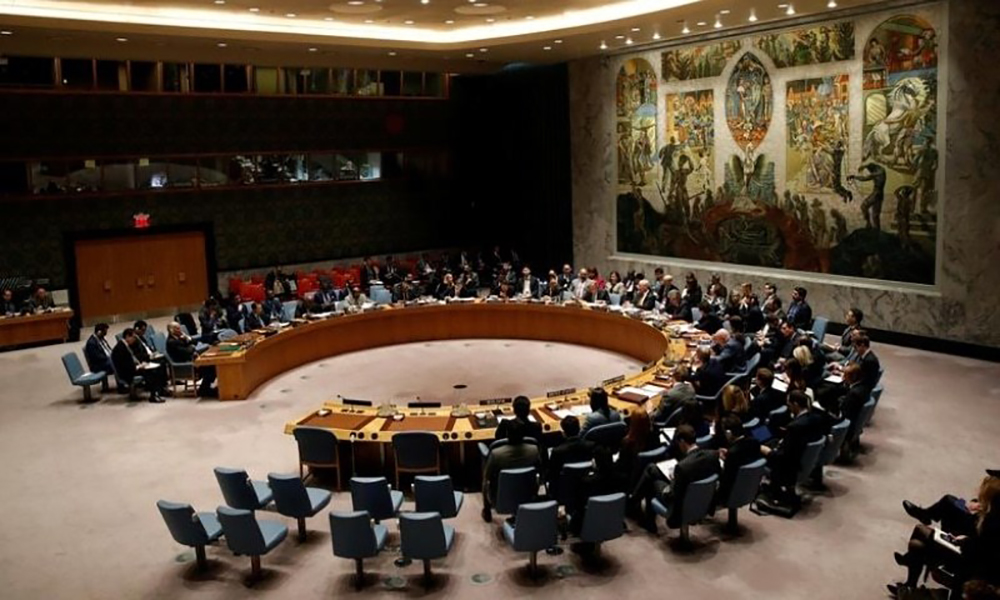Bill Huizenga claimed that Afghanistan has once again become a safe haven for terrorist groups, contrary to the Doha Agreement.
The Islamic Emirate has once again rejected accusations that terrorist groups are active in Afghanistan.
Bill Huizenga, chairman of the US House Subcommittee on Foreign Affairs, claimed that following the withdrawal of US troops, Afghanistan has once again become a safe haven for terrorist groups, contrary to the Doha Agreement.
He stated: “Despite the Taliban’s Doha Agreement’s commitments Afghanistan has once again become a hotbed for terrorists looking for safe harbor as they grow their ranks and abilities to project attacks across the region and frankly the world.”
Meanwhile, Yuri Kokov, Deputy Secretary of Russia’s Security Council, also expressed concern in an interview with a state newspaper, saying that instability in Afghanistan remains a threat to neighboring countries.
He said: “Despite the end of large-scale military conflict, instability in Afghanistan persists, posing a threat to neighboring states. There is particular concern about the plans of international terrorist groups such as ISIS, which intend to export terrorism to Central Asian countries and eventually to Russia.”
Military analyst Sayed Muqadam Amin commented: “Russia plays a central role in global decision-making and acts with caution. It is closely monitoring the situation in Afghanistan. However, it has not yet developed a strategic relationship that would lead to formal recognition of the Afghan government.”
In response, the Islamic Emirate strongly rejected the US claims regarding the presence of terrorist groups in Afghanistan.
Zabihullah Mujahid, spokesperson for the Islamic Emirate, said that no one is allowed to use Afghan soil to threaten other countries.
“We strongly reject the claims made by the US House suggesting the presence of foreign groups in Afghanistan or threats emanating from our soil. Afghanistan has a strong and unified government with full control over its territory and does not permit anyone to use its land against another country,” Mujahid added.
Concerns voiced by Western and regional countries about Afghanistan’s security situation have been repeatedly denied by the Islamic Emirate in the past.
 Afghanistan Peace Campaign
Afghanistan Peace Campaign


